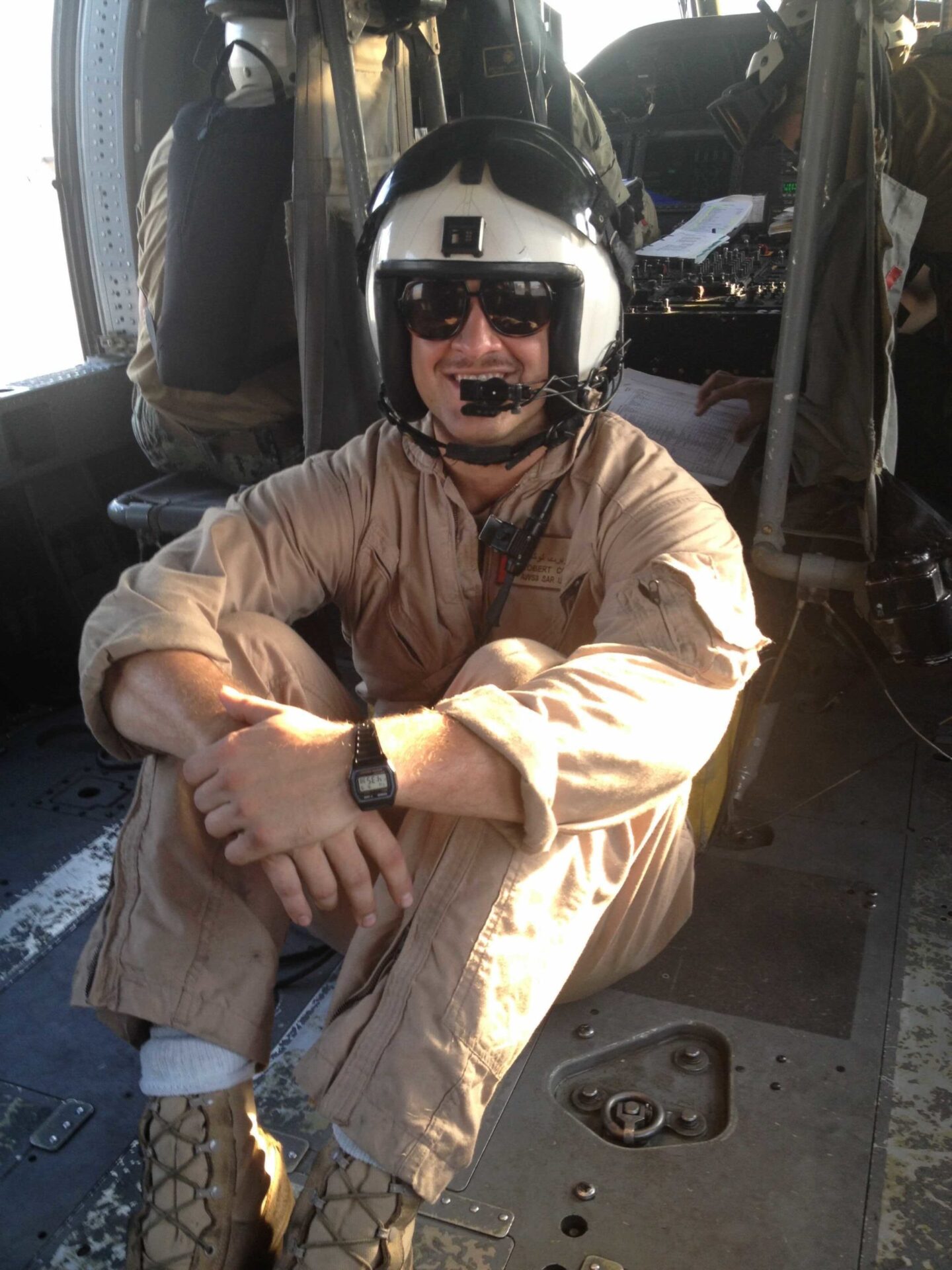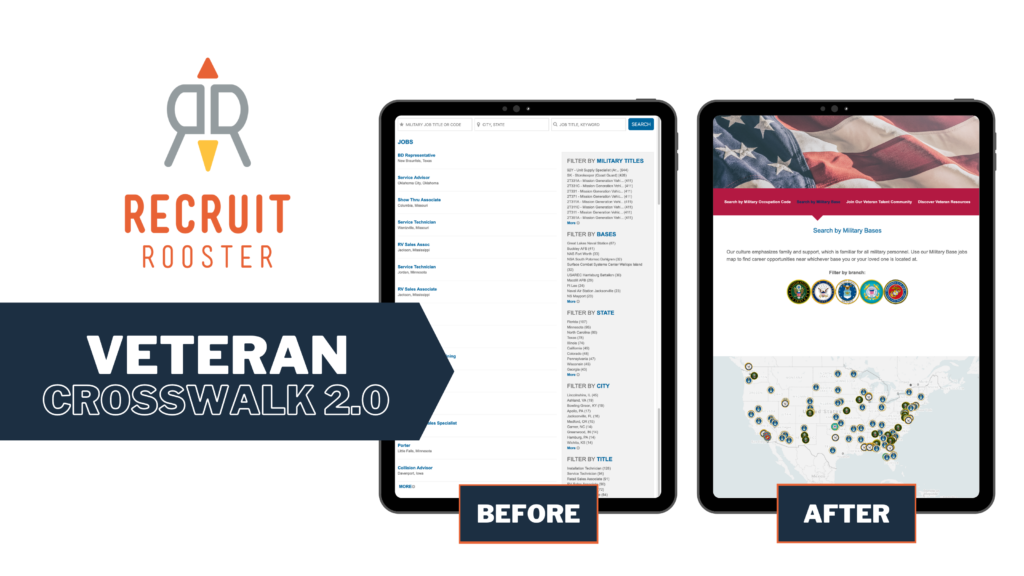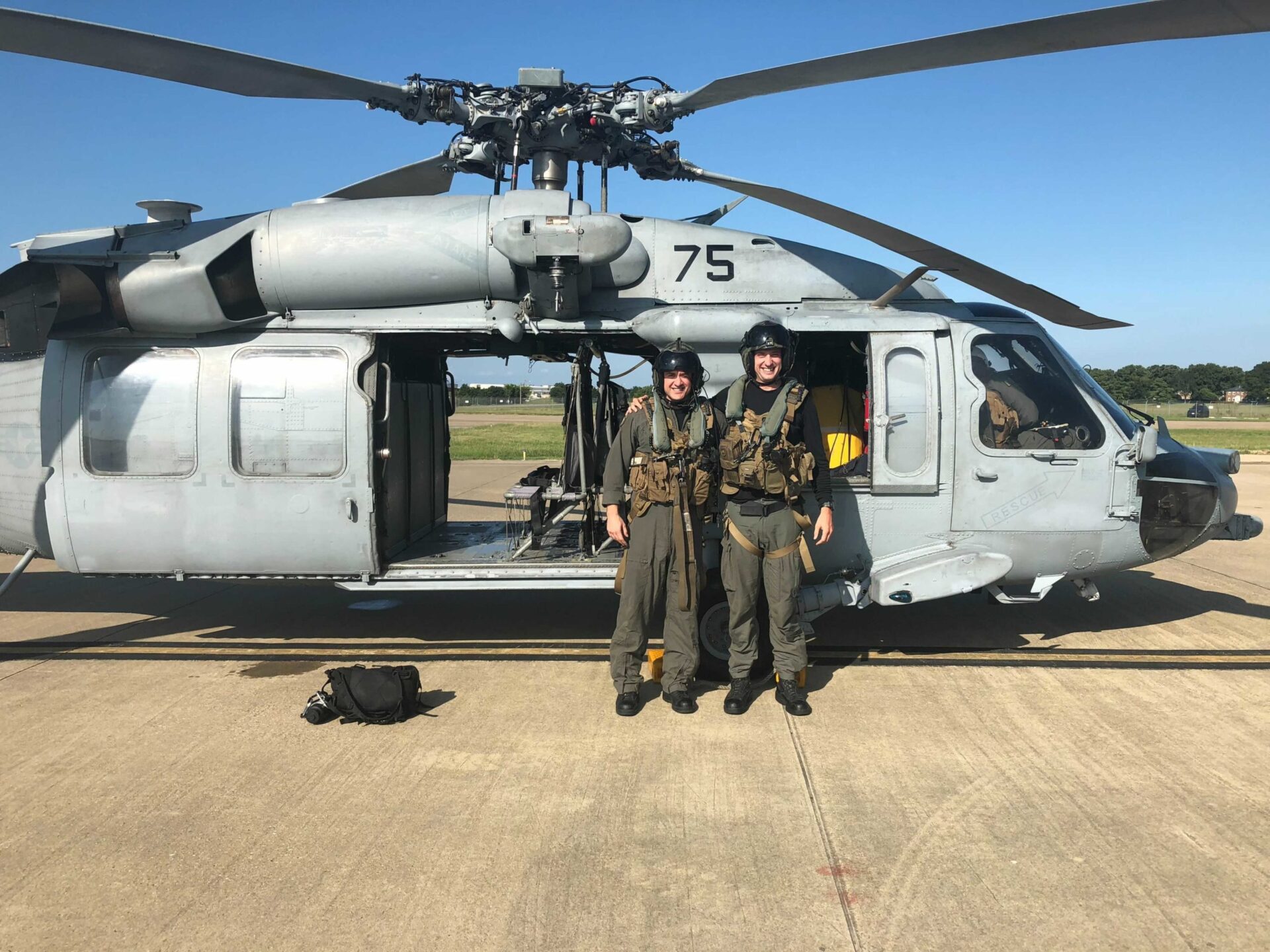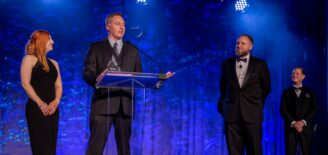Hardwired for Success: 5 Reasons to Hire Veterans
Unemployment rates remain in a state of flux each month that the pandemic continues, but one truth can be found in the rapidly changing data: veterans bring advantages to the civilian workforce.
At 3.9%, the veteran unemployment rate is lower than the national average of 4.8%, illustrating that employers recognize the competitive advantage these talented servicemen and women bring to the table. The times of seeing veteran hiring programs as a handout or a way to “check the box” have long passed. Now, more companies see hiring veterans as a value-add to their organization and are shifting their focus to attracting veteran talent away from their competitors.

About 200,000 veterans transition to the civilian workforce each year, and veterans with specific software and technology skills are in high demand right now. While the list of reasons to hire veterans is lengthy, we have compiled the top five reasons why veterans are considered great additions to any team.
Adaptability & Trainability
This one should be no surprise because veterans are accustomed to wearing multiple hats and jumping into new roles on the fly. Some important factors include operating on short timelines, efficiency, and the ability to follow through on assignments under stressful circumstances. Throughout their service, veterans develop a wide variety of skills such as critical thinking, problem-solving, extensive computer program training, and more—making them great candidates to work in tech where the answers are not always black and white.
Diversity
Enlisting in the military is open to all, meaning that veteran hiring can help diversify your workforce and instill a culture of inclusivity and tolerance. Throughout their service, veterans interact, connect, and rely upon people of various races, genders, religions, geographic regions, economic backgrounds, and more, creating a foundation for acceptance and inclusive mindsets.
Strong Work Ethic
Taking responsibility for your actions and seeing tasks through to completion is essential in the military, and those traits are highly sought after in the civilian workforce. Employers need employees who are willing to set goals and accomplish them, and veterans understand that advancement is largely based on performance and good evaluations.
Teamwork
Successful military operations are built on teamwork and trust, so it makes sense that veterans enter the civilian workforce with that same mentality. It is important to point out that teamwork means much more than just getting along with your coworkers. Oftentimes relying on communication and collaboration can be a matter of life and death in the military. How does that same mindset translate in the civilian workforce? It means that building trust, establishing expectations, and progressing as a team are at the foundation of their work skills.
Leadership Skills
The military has a strict chain of command. Veterans are taught how to lead and how to follow, making them an incredible asset to any organization. If a veteran serves a full term, they will undoubtedly advance into a leadership position during their service, and they know when to lead and when to support. This isn’t to say all veterans should be hired for leadership positions immediately, but there is definitely an accelerated learning curve when it comes to advancement due to their experience.
Transitioning of Veterans into the Workforce
Now, where to begin in your veteran hiring journey? Start by speaking the language of veterans and showcasing yourself as a military-friendly employer. Use tools that are designed to aid in veteran hiring, like Recruit Rooster’s long-standing Veteran Crosswalk, also known as a military occupation code (MOC) translator. Offered for the past 10 years and adopted by more than 200 employers, this technology gives employers a competitive edge mapping their open positions to learned military skills, and gives veterans immediate access to jobs that match their areas of expertise.
“Connecting employers and veteran talent is something Recruit Rooster has always been passionate about, which is why we’ve placed great emphasis on continual technology development that accomplishes just that. We listened to the market and realized that more than just skills translation tools were needed. We wanted to offer a true destination for veterans, where they have the resources and tools needed for their entire search experience, not just part,” commented Heather Hoffman, COO of Recruit Rooster.
Now with the Veteran Crosswalk 2.0 services, employers and veterans are more connected than ever through career sites offering not only military skills translation tools but also:
- Military Base / Job Search
- Veteran Focused Talent Community
- Additional Veteran Resources that aid in job search efforts
The Veterans Crosswalk 2.0 boasts a faster, more flexible platform and a fully customizable experience for both the employer and employee audiences.

As the employment landscape for veterans continues to ebb and flow, employers can count on Recruit Rooster to provide technology that supports veteran hiring as well as to improve workforce diversity and inclusion and support our nation’s military heroes day in, and day out.




